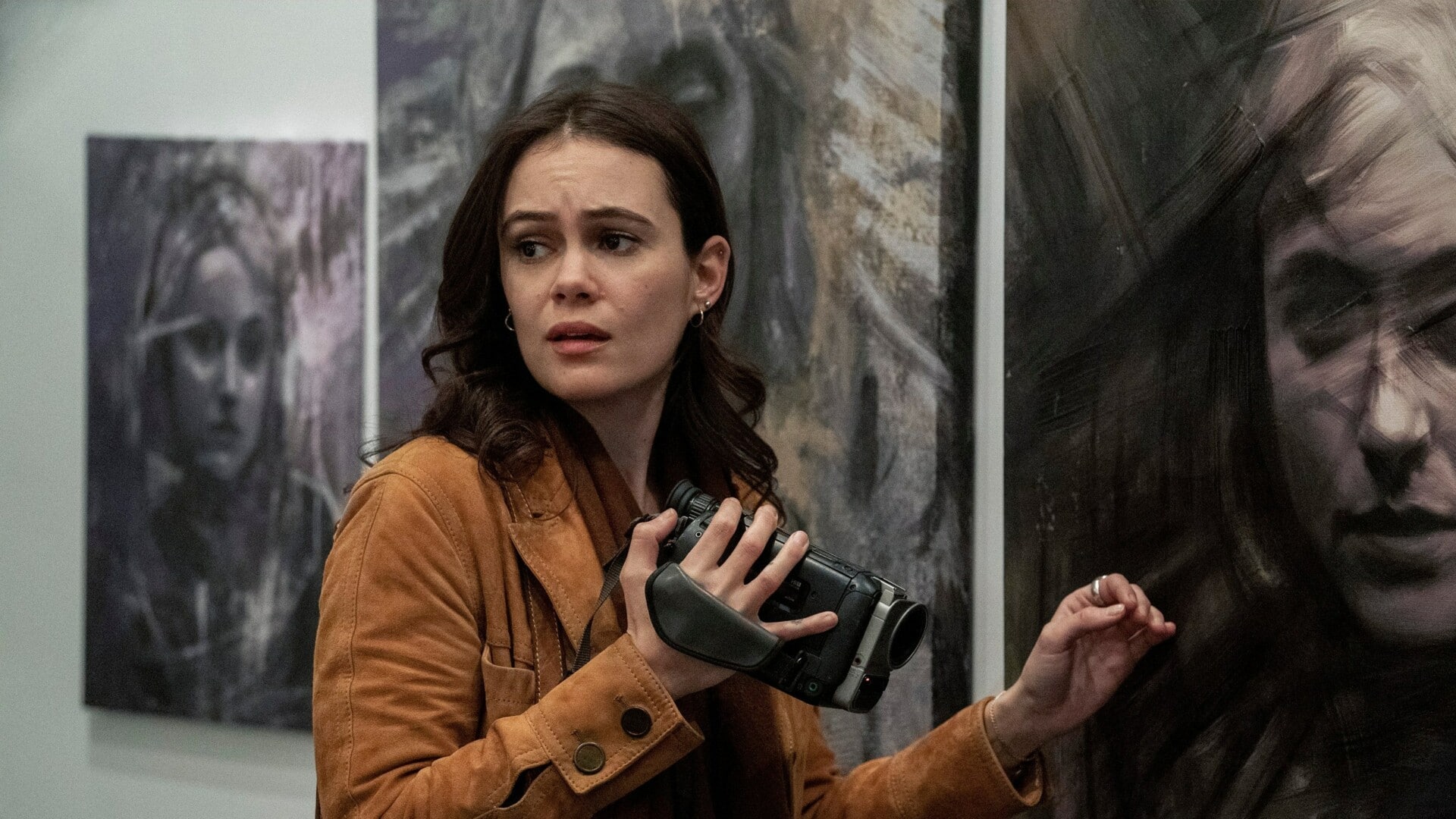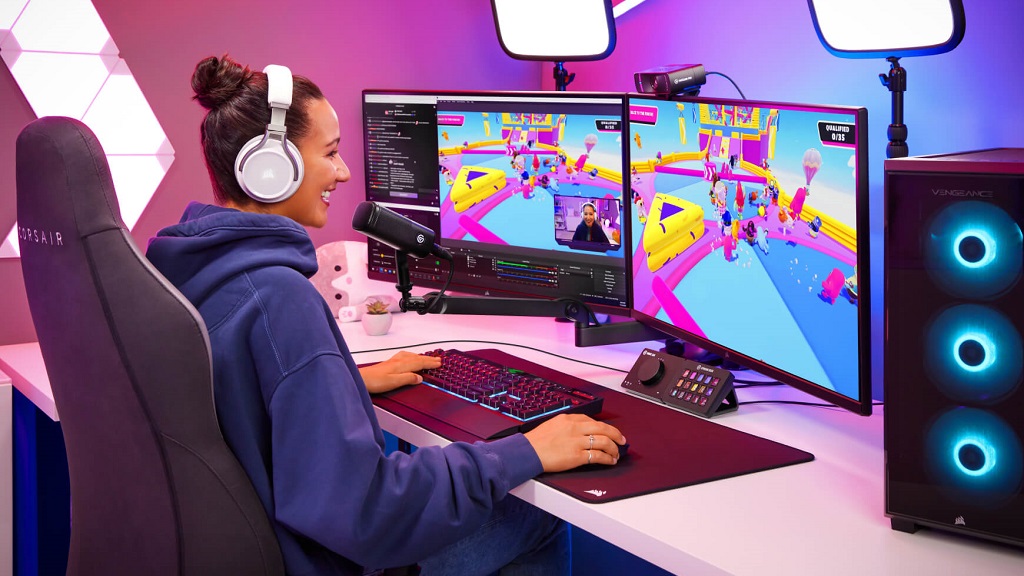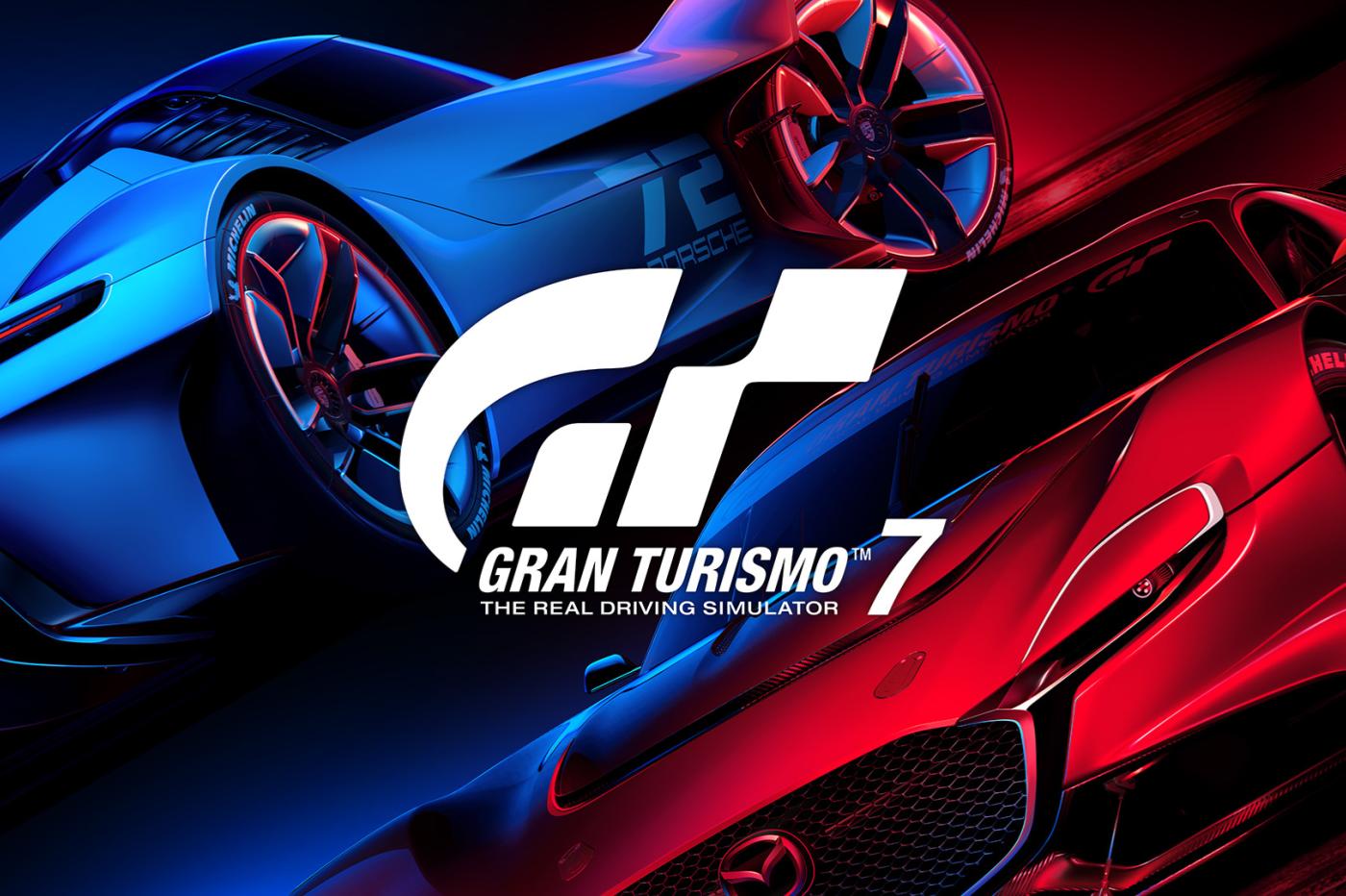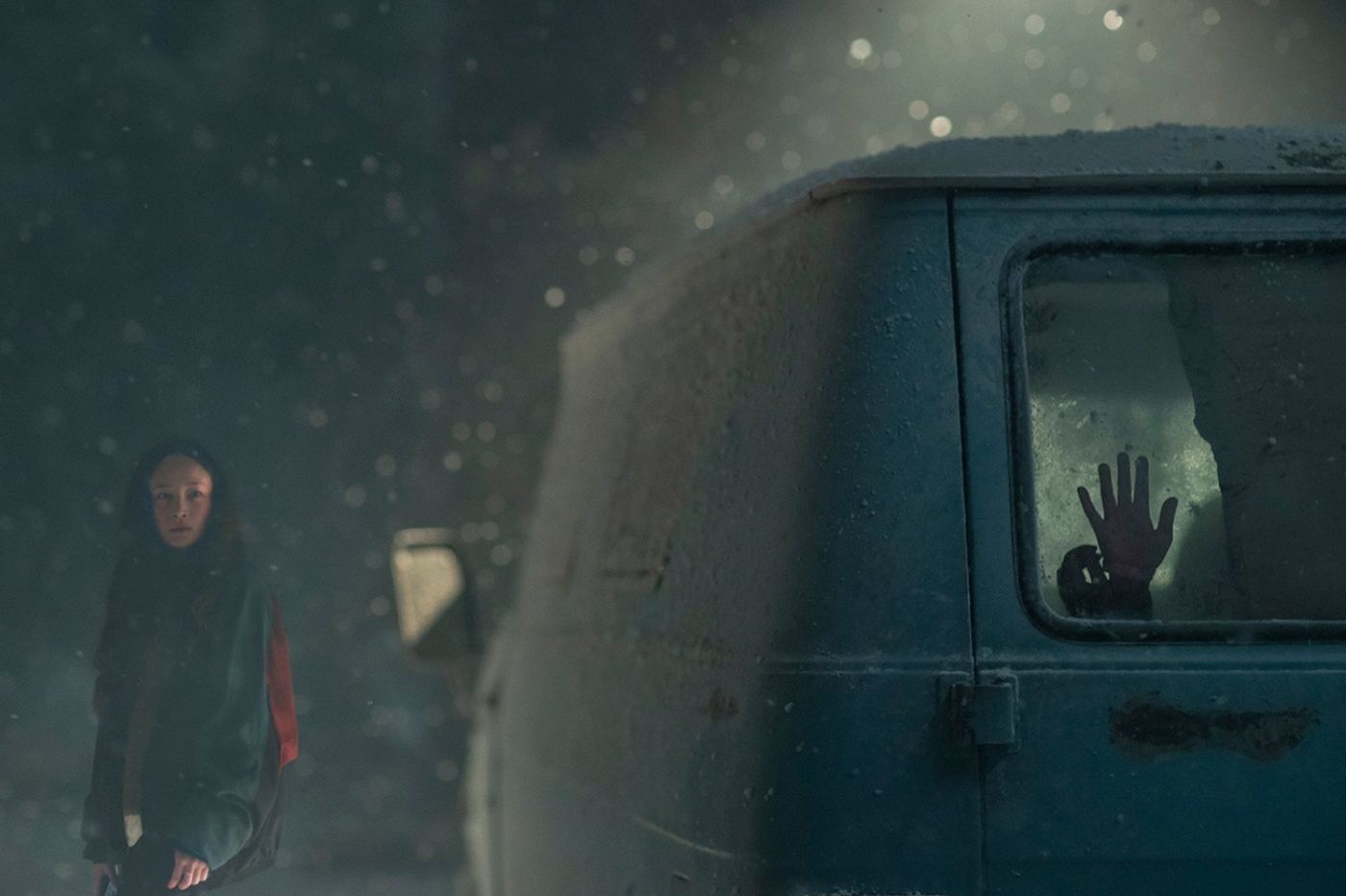
The future of glass it’s here. Three companies in the sector have come together to implement an innovative technology that increases the resistance of bottles and significantly reduce your weight.
Dassault Systèmes, Ardagh Group and Exxergy will begin testing of «virtual twins»In the emblematic bottle of Diageo’s Johnnie Walker to research and develop a coating that makes it possible to lighten the glass bottle without compromising its strength and shape, something unprecedented in the sector.
The virtual trial will pioneer sustainable innovations to reduce the time and cost required to test glass products, while reducing the raw materials and energy used in the process. A virtual twin is a real-time digital representation of a product or process that is used to model, visualize, and predict new innovations before conducting any physical testing.
The trial will investigate and develop a new external coating for the glass bottle that reduces microcracks on the glass surface, allowing the glass to be much lighter while maintaining its strength. The lightweight glass bottle will keep your 100% recyclability And, if it is successful in the virtual trial, it will be tested with glass bottles starting in the summer of 2022.
The Ardagh Group, an expert in sustainable packaging solutions, will collaborate with Exxergy, an international consultancy active in the renewable energy and glass sectors, in the research and development of coatings for Diageo, maker of Johnnie Walker, Smirnoff and Gordon’s gin. Dassault Systèmes will provide contract research services using its Biovia applications to create a virtual nanoscale twin of coatings, simulate their interaction with the glass surface and test their efficacy.
CO2 impact reduction
John Sadlier, Ardagh Group’s Chief Sustainability Officer, commented: “The Ardagh Group has been a pioneer in glass lightening and, as the world’s leading supplier of infinitely recyclable and sustainable glass and metal packaging, we have a responsibility to respond to the sustainability challenges we all face. Together with our customers and supply chain partners, we look forward to exploring the potential of digitization to drive new and innovative lightweighting solutions. “.
Glass lightening is one of the solutions for reduce the impact of CO₂ of the glass sector and carbon emissions will be reduced both in the manufacture of the bottle and in the transport of the finished products. If this collaborative project is successful, it will go a long way for virtual twin technology in supporting the sustainability ambitions of the glass industry and enabling the decarbonisation of the sector as a whole.
“It is becoming more and more urgent to change our modes of production and consumption. We have to rethink everything and dare to imagine the boldest sustainability initiatives »said Florence Verzelen, executive vice president of industry, marketing and sustainability for Dassault Systèmes. «Using Dassault Systèmes virtual twins technology, companies can design and simulate radically different new sustainable materials, products and processes in record time. They can be right, but they can also be sustainable the first time ».
“At Diageo, sustainability, and in particular sustainable packaging, is a key priority. We are delighted to participate in this pioneering trial that embraces the principles of our Diageo Sustainable Solutions platform, which encourages innovation and collaboration in developing scientific solutions to the impact of climate change. In our “Society 2030” strategy we have committed to having net zero carbon emissions in all our operations by 2050 or earlier, and if this test is successful, it will be a big step towards achieving it. “said Lucy Fishwick, Diageo Purchasing Manager for Grain-to-Glass Sustainability.



